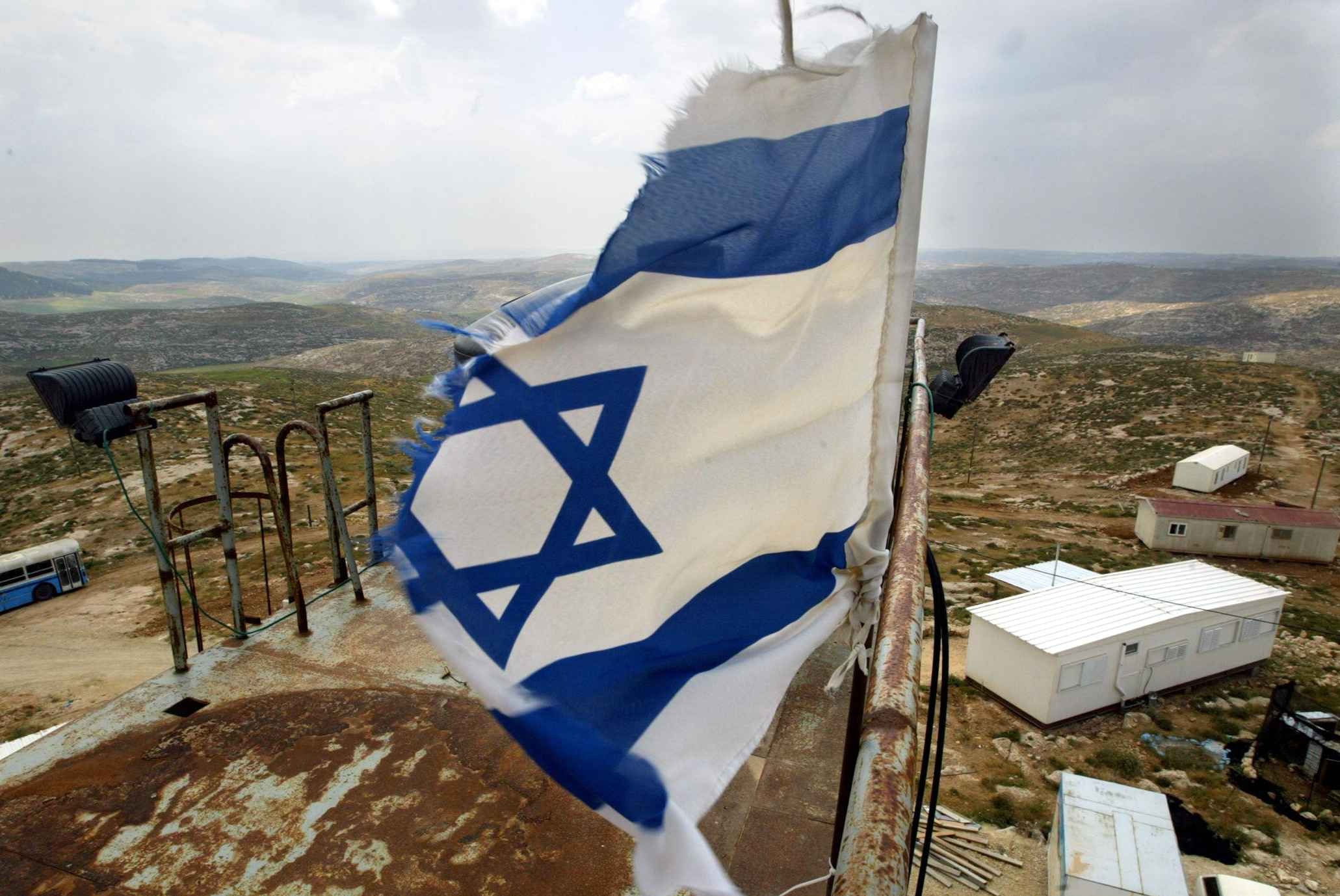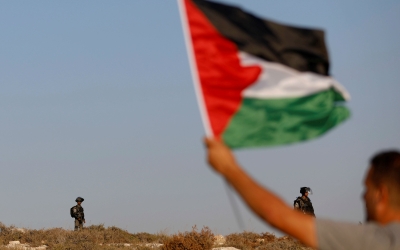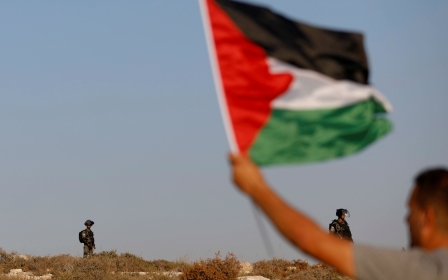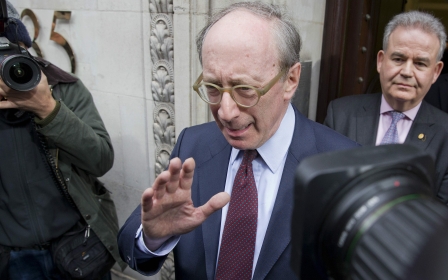Israel court strikes down law legalising settlements on private Palestinian land

Israel's Supreme Court struck down a law on Tuesday that had retroactively legalised about 4,000 settler homes built on privately owned Palestinian land in the occupied West Bank.
A nine-judge panel voted to repeal the 2017 measure, under which settlers could remain on land if they built there without prior knowledge of Palestinian ownership, or if homes were built at the state's direction. Eight voted in favour and one against.
Rights groups say the measure, which was frozen soon after passage while the court heard petitions against it, had legalised more than 50 settler outposts built without government approval.
The law "unequally infringes on the property rights of Palestinian residents while giving preference to the proprietary interests of Israeli settlers," Chief Justice Esther Hayut wrote in the panel's ruling.
Israel Prime Minister Benjamin Netanyahu's right-wing Likud party said it was "unfortunate" that the court had intervened on "an important law for settlement activity and its future" and that it would work to re-enact it.
But Likud's new coalition partner, the Blue and White party, said the law "in its format runs counter to the constitutional situation in Israel, and its legal problems were known at the time of its approval".
"We respect the High Court's ruling and [will] ensure it is implemented," Blue and White said.
Declaration of war
The law had sparked outrage among Palestinians and was suspended when Israeli and Palestinian rights groups asked the court to examine its validity in Israeli law.
All Israel's settlements in the occupied West Bank and East Jerusalem, territories it seized in the 1967 war, are considered illegal under international law.
The minister dealing with settlements, Tzipi Hotoveli, said the Supreme Court had "declared war on the right of Jews to settle in the land of Israel".
"The best response to the court is annexation and continued construction," she said in a statement.
Israel's planned annexation of the Jordan Valley: Why it matters
+ Show - HideThe annexation of the Jordan Valley could effectively kill whatever hopes remain for a two-state solution to the Israel-Palestine conflict as it would render completely impossible the establishment of a viable, contiguous Palestinian state.
In April, Prime Minister Benjamin Netanyahu reached an agreement with his rival Benny Gantz to form a unity government that seek to impose Israeli sovereignty over the Jordan Valley. Legislature could be discussed from 1 July.
The Jordan Valley accounts for around one-third of the occupied West Bank (almost 2,400 square kilometres), where 30 Israeli agricultural settlements house around 11,000 settlers.
Some 56,000 Palestinians also reside in the Jordan Valley, including in the city of Jericho, where their daily lives are deeply impacted by Israeli occupation policies.
The area is rich in minerals and agricultural soil and is a highly strategic area, as it lies along the Jordanian border.
Jordan, the Palestinian Authority in Ramallah, and senior officials in the European Union openly oppose the annexation plan, while the administration of US President Donald Trump has encouraged such moves.
One of the NGOs that brought the case to court, rights group Adala, said the decision was "important" at a time when Israel is planning to annex parts of the West Bank.
"The court ruled that the Israeli parliament cannot pass laws that violate international humanitarian law," Adala said in a statement.
International law bans states from moving their civilian population into occupied territories.
Annexation plans
Israel is preparing to potentially move forward next month with annexing many of its West Bank settlements and the Jordan Valley.
At a meeting of Likud last month, Netanyahu reaffirmed his intention act as early as 1 July, describing it as an "historic opportunity".
US President Donald Trump's plan with regard to the Israeli-Palestinian conflict, which was released in January, gave the green light for such annexations as well as creating a reduced Palestinian state, crucially lacking a capital in East Jerusalem.
The Palestinians have strongly rejected the plan under which most of Israel's illegal settlements would be incorporated into "contiguous Israeli territory".
Many right-wing Israelis are urging the government to annex all existing settlements in the West Bank, regardless of the outcome of the Trump plan.
Middle East Eye propose une couverture et une analyse indépendantes et incomparables du Moyen-Orient, de l’Afrique du Nord et d’autres régions du monde. Pour en savoir plus sur la reprise de ce contenu et les frais qui s’appliquent, veuillez remplir ce formulaire [en anglais]. Pour en savoir plus sur MEE, cliquez ici [en anglais].







